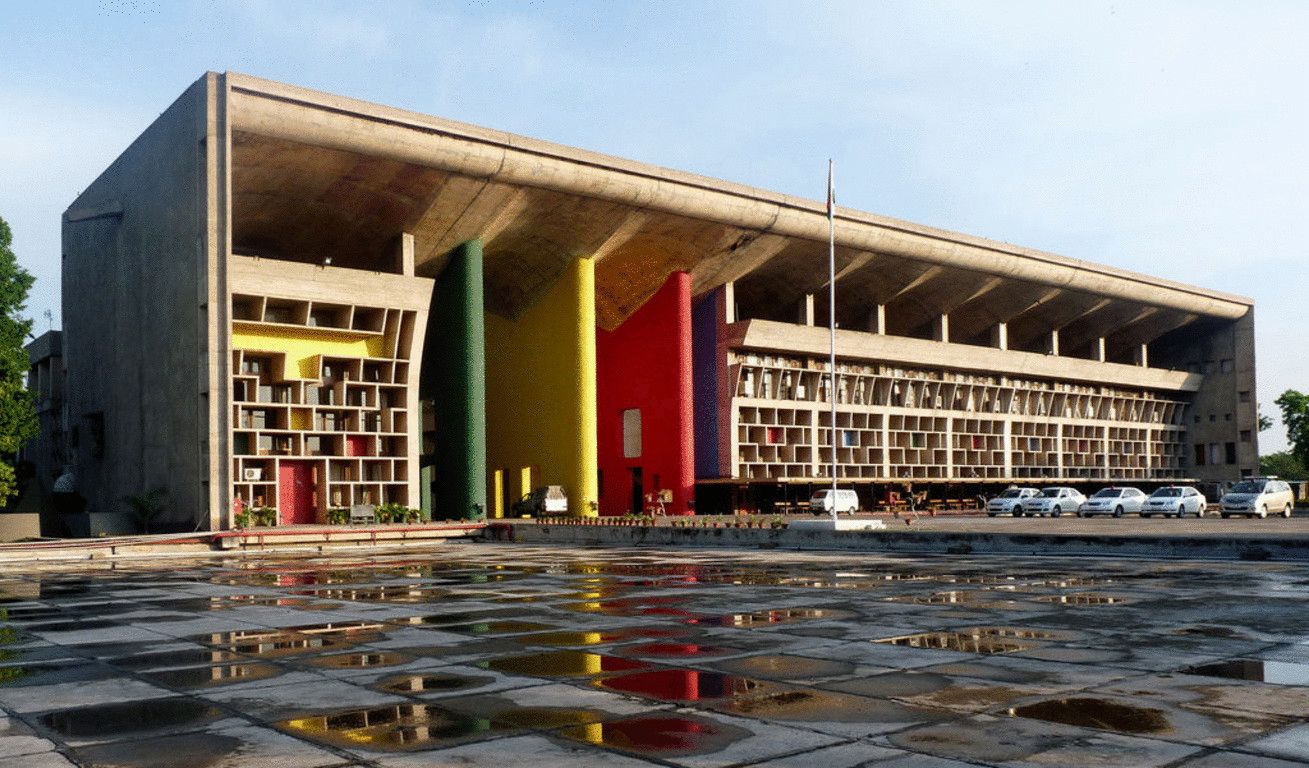Punjab & Haryana High Court Upholds Concurrent Findings in Agreement to Sell Dispute, Dismisses Second Appeal as Meritless

Case Name: Balvir Singh v. Gurnaib Singh
Date of Judgment: October 13, 2025
Citation: RSA-3327-2025
Bench: Hon’ble Mr. Justice Virinder Aggarwal
Held: The Punjab & Haryana High Court dismissed a Regular Second Appeal challenging concurrent judgments of the Civil Judge (Senior Division) and the Additional District Judge, Bathinda, in a suit for recovery arising from an agreement to sell. Justice Virinder Aggarwal held that both courts below had correctly appreciated the pleadings and evidence, finding that the defendant had received an additional sum of ₹1,20,000 and had validly extended the date of execution of the sale deed. The Court ruled that there was no illegality or perversity in the concurrent findings warranting interference under Section 100 of the Code of Civil Procedure.
Summary: The respondent-plaintiff filed a suit for recovery of ₹11,68,468 on the basis of an agreement to sell dated December 23, 2014, for 22 kanals 6 marlas of agricultural land. The appellant-defendant allegedly received ₹15,00,000 as earnest money and later ₹1,20,000 for extension of the sale deed execution date from July 30, 2015, to May 15, 2019. When the defendant failed to execute the sale deed and was found not to be the owner of part of the land, the plaintiff sought recovery of the unpaid amount with interest.
The defendant denied the execution of the agreement to sell, asserting it was a sham transaction meant only to secure a previous loan. He further claimed that the receipt extending the date was forged and that all dues had been repaid. The trial court partly decreed the suit for recovery of ₹1,20,000 with 9% interest per annum from July 30, 2015, which was affirmed by the first appellate court on August 14, 2025.
In the second appeal, the defendant reiterated his plea that the agreement was not intended to be acted upon and that the document was fabricated. Justice Aggarwal rejected these submissions, observing that no objections were raised regarding the admissibility of the documents during trial and that the findings of both courts were based on proper appreciation of evidence. The Court held that the appeal raised no substantial question of law.
Decision: The High Court dismissed the Regular Second Appeal, affirming the concurrent judgments of the trial and appellate courts that found the defendant liable to refund ₹1,20,000 with interest. All pending miscellaneous applications were also disposed of.